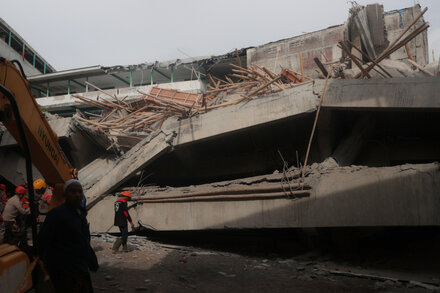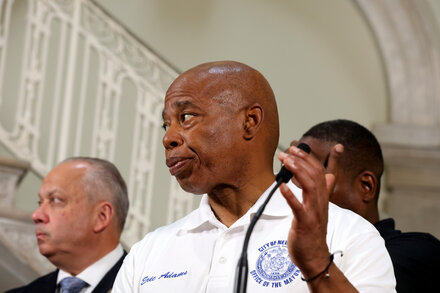A new wave of tariffs imposed by the United States is reportedly sending economic shockwaves across the globe, with particular concern emerging from Asian economies that are still grappling with the lingering effects of previous trade conflicts. The measures are reminiscent of the confrontational trade policies enacted during a prior Trump administration, reigniting fears of a “chaotic trade war” and adding fresh uncertainty to an already fragile global economic landscape.
The specific details of the new tariffs, including the range of goods targeted and the precise countries affected, are still emerging. However, preliminary reports suggest a broad application, designed to either rebalance trade deficits or protect domestic industries. This sudden re-escalation of trade tensions has caught many international observers and businesses off guard, complicating supply chain planning and investment decisions worldwide.
Impact on Asian Economies
Economies across Asia are anticipated to bear a significant portion of the immediate impact. Many nations in the region are heavily reliant on export-driven growth and are deeply integrated into global manufacturing and technology supply chains. Having previously navigated the disruptions caused by the initial trade war—which saw tariffs levied on everything from steel and aluminum to a wide array of Chinese-made goods—these economies are now confronting renewed pressures.
Manufacturers in countries like South Korea, Vietnam, Malaysia, and Taiwan, which serve as crucial links in the production of consumer electronics, automotive components, and textiles, are bracing for potential reductions in demand from the U.S. market. Increased operational costs due to tariffs could erode profit margins, leading to difficult decisions regarding production levels and employment.
Echoes of Past Trade Frictions
The current actions draw strong parallels to the aggressive trade stance adopted by former President Donald Trump during his previous term. That period was characterized by the imposition of unilateral tariffs, often justified on grounds of national security or addressing perceived unfair trade practices, which subsequently triggered retaliatory tariffs from affected nations. This cycle of escalation led to significant global economic instability and strained international diplomatic relations.
Analysts are indicating that the re-emergence of such policies suggests a renewed focus on protectionism and a willingness to leverage tariffs as a primary tool of foreign policy. This approach challenges the principles of free trade and multilateral cooperation that have underpinned global commerce for decades, prompting concerns about long-term consequences for economic growth and international partnerships.
As governments and businesses assess the full scope of these new tariffs, the international community watches closely for potential retaliatory actions and the broader implications for the stability of the global trading system. The economic fallout is expected to unfold over the coming months, adding another layer of complexity to an already challenging global environment.
Source: Read the original article here.





